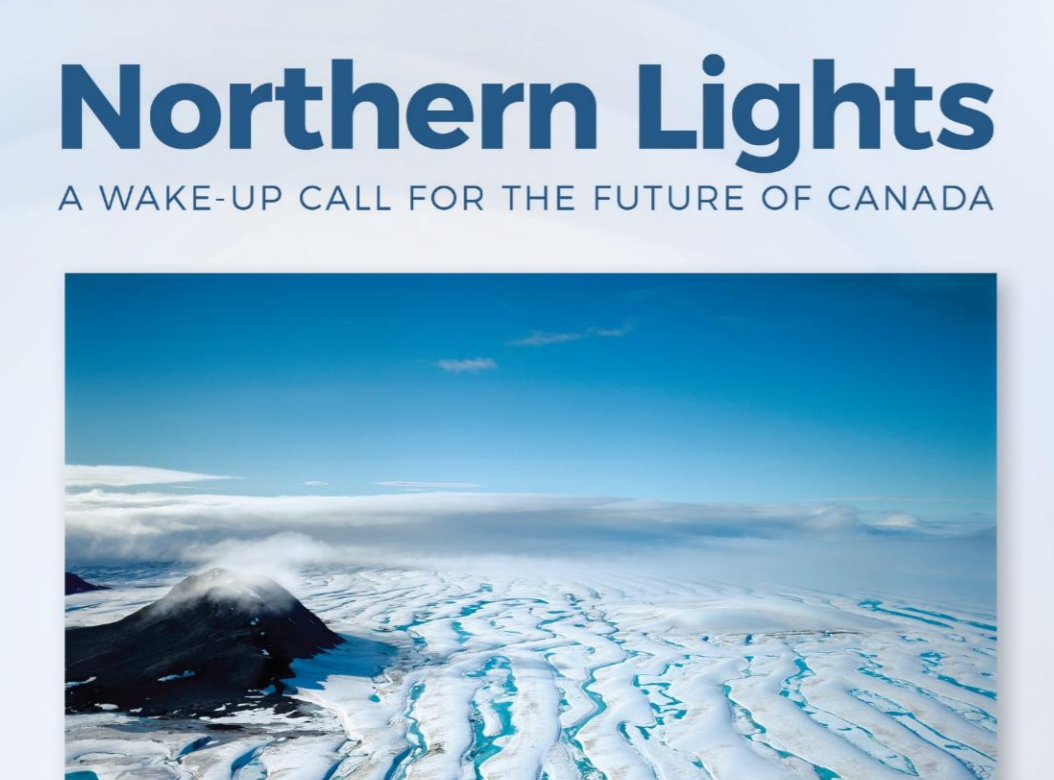SINGAPORE/JAKARTA, Aug 8 (Reuters) – Nickel prices surged on Thursday on concerns that major supplier Indonesia could bring forward a ban on ore exports despite a senior official claiming any such ruling remains “uncertain.”
Benchmark three-month nickel on the London Metal Exchange (LME) surged as much as 12.7% to $16,690 a tonne, its highest since April 2018. That is the biggest intraday percentage gain for the nickel forward since Jan. 2, 2009.
LME nickel eased to $15,545 a tonne at 0940 GMT, up 5%. The most active nickel contract on the Shanghai Futures Exchange (ShFE) rose to a record 124,890 yuan ($17,730.49) a tonne. “This is a very sexy price. For miners, higher price always makes us happy,” said a trader with a nickel mine.
























